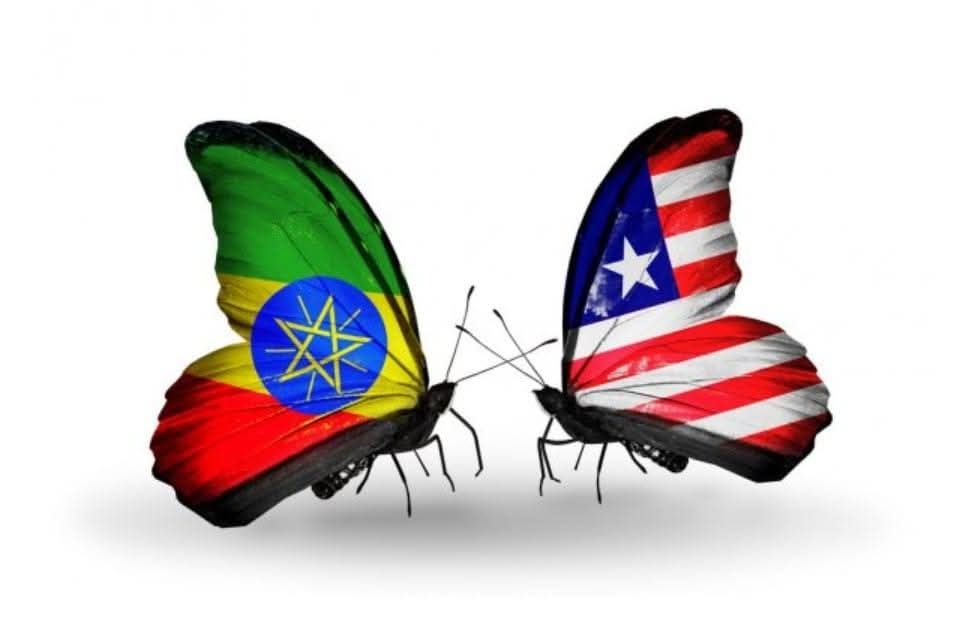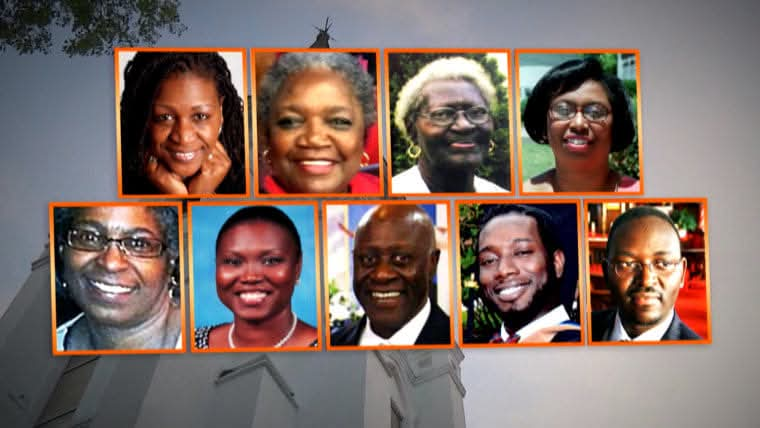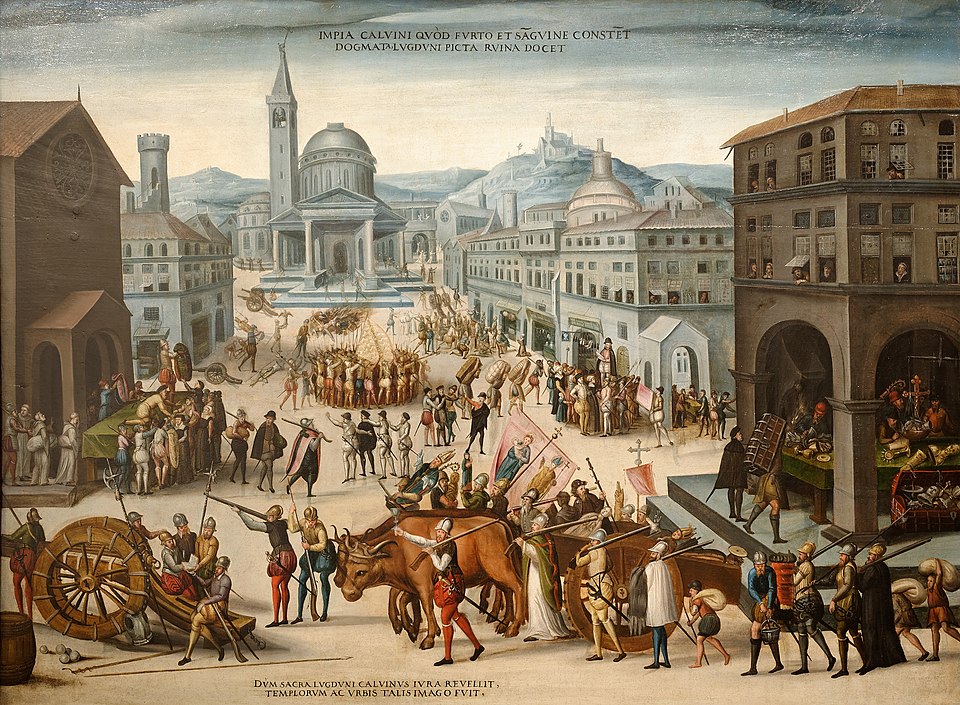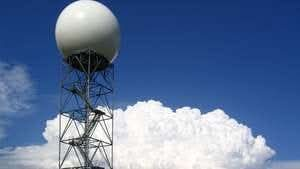ECOMOG: The Formation and Missions of a Regional Military Outfit of Necessity
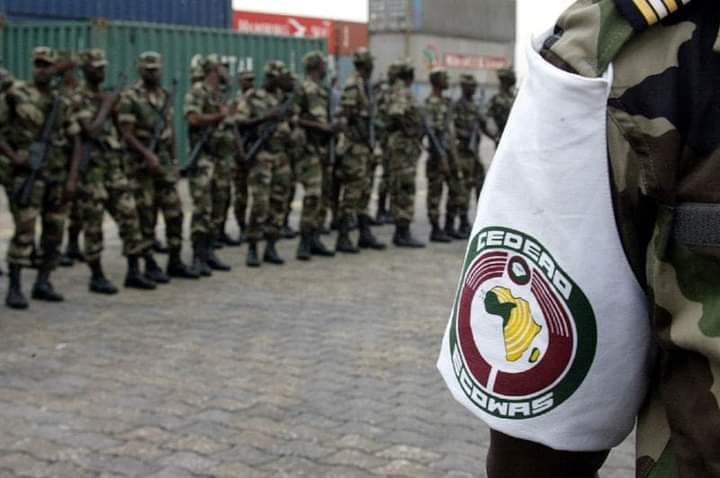
Did you know that Ghanaian Lieutenant General Arnold Quainoo is the first ECOMOG Force Commander after it was established in August 1990, and that the regional outfit was later succeeded by the United Nations Mission (UNMIL)?
The Economic Community of West African States Monitoring Group (ECOMOG), a West African multilateral armed force, was established by the Economic Community of West African States (ECOWAS) as a formal arrangement for separate armies to work together. It was largely supported by personnel and resources of the Nigerian Armed Forces (NAF), with sub-battalion strength units contributed by other ECOWAS member countries of Ghana, Guinea, Sierra Leone, The Gambia, Liberia, Mali, Burkina Faso, Niger, and others.
The history of ECOMOG began when Nigeria and other ECOWAS members agreed to a Protocol on Mutual Defence Assistance, in Freetown, Sierra Leone, on 29 May 1981. Among other organs such as a Defence Committee and Council, it provided for the establishment of an Allied Armed Force of the Community (AAFC) as needed.
Later, Anglophone ECOWAS members established ECOMOG in 1990 to intervene in the civil war in Liberia that lasted 1989–96. The Standing Mediation Committee, the body that established ECOMOG at its meeting in Banjul, Gambia on 6–7 August 1990, was 'on shaky legal foundations' as the Defence Protocol's guidelines were not followed, though ECOMOG was justified largely on humanitarian grounds. Anglophone members of ECOMOG also acted because several Francophone ECOWAS members strongly opposed the deployment. The leaders of Burkina Faso and Cote d'Ivoire supported Charles Taylor in his attempt to depose Samuel Doe.
Within Africa, ECOMOG represented the first credible attempt at a regional security initiative since the Organisation of African Unity (now African Unity) to established an 'Inter-African Force' to intervene in Chad in 1981. Unlike the typical United Nations mission of its day, ECOMOG's first deployment entailed fighting its way into a many-sided civil war, in an attempt to forcibly hold the warring factions apart.
The first ECOMOG Force Commander was Ghanaian Lieutenant General Arnold Quainoo, but he was succeeded by an unbroken line of Nigerian officers. Major General Joshua Dogonyaro took over from Quainoo after Quainoo had left Monrovia for consultations with senior ECOWAS officials soon after the death of Samuel Doe at the hands of Prince Johnson's Independent National Patriotic Front of Liberia (NPFL) on 9 September 1990.
After some prompting from Taylor that the anglophone Nigerians were opposed to him, Senegalese troops were brought in with some financial support from the United States. Their service was, however, short-lived, after a major confrontation with Taylor forces in Vahun, Lofa County on 28 May 1992, when six were killed when a crowd of NPFL supporters surrounded their vehicle and demanded they surrender their jeep and weapons. All of Senegal's 1,500 soldiers were withdrawn by mid January 1993.
Throughout the mission, corruption and organized looting by ECOMOG troops led some Liberians to re-coin the acronym ECOMOG as "Every Car Or Movable Object Gone." Stephen Ellis, a British historian, africanist and human rights activist reports one of the most egregious examples as being the total removal of iron ore processing machinery for onward sale while the Buchanan compound was under ECOMOG control.
The United States Department provided some logistics support to the force via the U.S. company Pacific Architects & Engineers, which provided trucks and drivers. Five Air Force C-130 Hercules also moved African troops and supplies during Operation Assured Lift in February–March 1997.
Following Charles Taylor's election as President of Liberia on 19 July 1997, the final Field Commander, General Timothy Shelpidi, withdrew the force fully by the end of 1998.
ECOWAS deployed ECOMOG forces later on to control conflict in other cases as in Sierra Leone in 1997 to stop the RUF rebellion, in Guinea-Bissau in 1999 to end the Guinea-Bissau Civil War. In 2001, ECOWAS planned to deploy 1,700 men along the Guinea–Liberia border to stop guerrilla infiltration by fighters opposed to the new post-1998 election government. However, fighting between Charles Taylor's new government and the new LURD rebel movement, plus a lack of funding, meant no force was actually ever deployed. In 2003 ECOWAS, under pressure from the U.S., launched a similar mission named ECOMIL to halt the occupation of Monrovia by rebel forces as peace efforts were ongoing, during the Second Liberian Civil War.
Always intended as an interim force, ECOMOG was quickly succeeded by the United Nations Mission UNMIL.
Other Nigerian ECOMOG Commanders after Ghanian Arnold Quainoo (July 1990 - September 1990) are: Maj-Gen. Joshua Dogonyaro (September 1990 - February 1991), Maj-Gen. Rufus Kupolati (February 1991 - September 1991), Maj-Gen. Ishaya Bakut (September 1991- October 1992), Brig-Gen. Tunji Olurin (October 1992 - October 1993), Maj-Gen. John Shagaya (October 1993 - December 1993), Maj-Gen. John Mark Inienger (December 1993 - August 1996), Maj-Gen. Victor Malu (August 1996 - January 1998), Maj-Gen. Timothy Shelpidi (January 1998 - March 1999), Maj-Gen. Felix Mujakperuo (1999).
Source: Wikipedia
#penglobalhistory #ECOMOG
